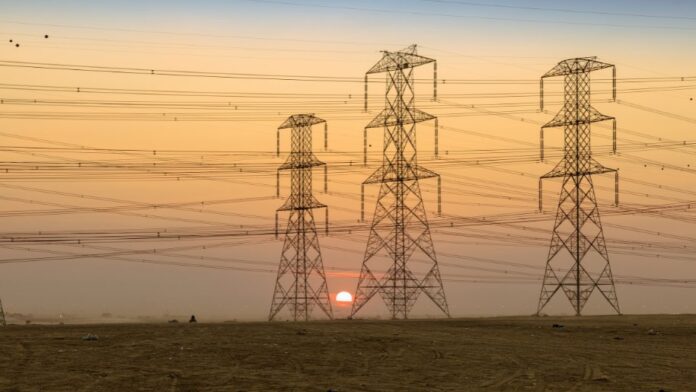K-Electric Tariff
The energy landscape in Pakistan is undergoing significant changes, with the Energy Ministry recently requesting a substantial increase in the tariff for K-Electric customers. This article delves into the details of this proposal, its implications, and what it means for consumers and the energy sector as a whole.
The Request for Tariff Hike
In a recent development, the Energy Ministry has approached the National Electric Power Regulatory Authority (Nepra) with a proposal to increase the tariff for K-Electric customers by Rs10.32 per unit. This request is in line with the provisions of the Nepra Act of 1997 and rule 17 of the Nepra Tariff (Standards and Procedure) Rules of 1998.
Uniform Pricing Across the Nation
One of the primary reasons behind this request is the need to maintain uniform electricity prices across the nation. The ministry has proposed periodic adjustments for XWDISCOs (XWDistribution Companies) at a rate of Rs. 0.4689 per kilowatt hour (kWh) for K-Electric consumers during the second quarter of FY 2022–23.
Impact on K-Electric Customers
If the proposal is approved, K-Electric customers will witness a substantial increase in their electricity bills. The proposed Rs10.32 per unit tariff hike will be spread over three different quarterly adjustments throughout 2022–2023.
- The first adjustment, amounting to a recovery of Rs4.45 per unit, will be applicable for July to September 2022.
- The second adjustment, involving an increase of Re0.47 per unit, will affect consumers from October to December 2022.
- The third and final adjustment, raising the tariff by Rs5.40 per unit, is slated for the period of April to June 2023.
Implications for Consumers
Such a significant tariff hike can have far-reaching implications for consumers. It may result in higher monthly electricity bills, impacting the household budgets of K-Electric customers. The increased cost of electricity could also affect the overall cost of living, making it essential for consumers to manage their energy consumption efficiently.
The Need for Active Voice in Decision-Making
It is imperative that consumers are kept well-informed about such tariff adjustments and are actively involved in the decision-making process. Transparency and open communication between regulators, utility companies, and consumers can help build trust and ensure that the interests of all stakeholders are considered.
Ensuring Accurate Facts and Transitioning to Sustainable Energy
As discussions on tariff adjustments continue, it is vital to ensure that all facts and figures presented are accurate and transparent. Additionally, this may be an opportune moment to promote the transition to sustainable and renewable energy sources, which could lead to long-term benefits for both consumers and the environment.
Conclusion:
The proposal for a Rs10.32 per unit tariff hike for K-Electric customers is a significant development in Pakistan’s energy sector. While it aims to maintain uniform pricing and address the financial challenges faced by utility companies, its impact on consumers cannot be underestimated. It is crucial for all stakeholders to engage in open dialogue and work towards a sustainable energy future that benefits everyone.

